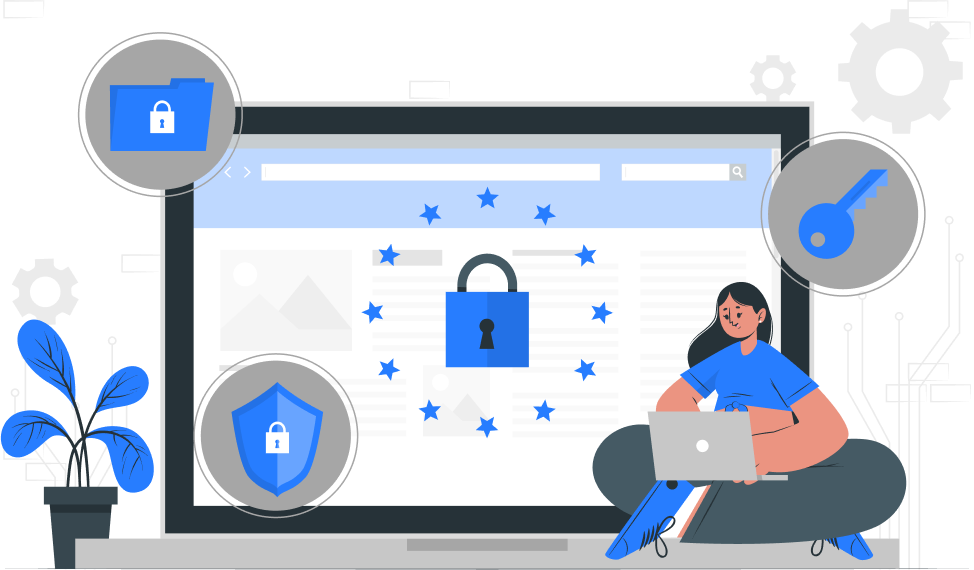In today’s connected business world, keeping personal data safe is super important. With lots of digital tech and people sharing info online, businesses have a tough job following all the data privacy laws. There are strict rules like the GDPR in Europe and changing laws in the US and other places. Businesses everywhere must understand and follow these rules.
In this guide, we’ll dig into data privacy laws, talk about big ones like GDPR, CCPA, and PDPA, and give practical tips to help businesses keep up with data protection changes. We’ll cover stuff like who’s in charge of data and new laws like CPPA in Canada and PIPL in China. We’ll also give tips on how businesses can follow these rules and keep personal data safe.
Come with us as we explore data privacy laws and give businesses the info and a legal framework they need to protect personal data in today’s digital world.
Data Privacy Regulations: A Comprehensive Overview
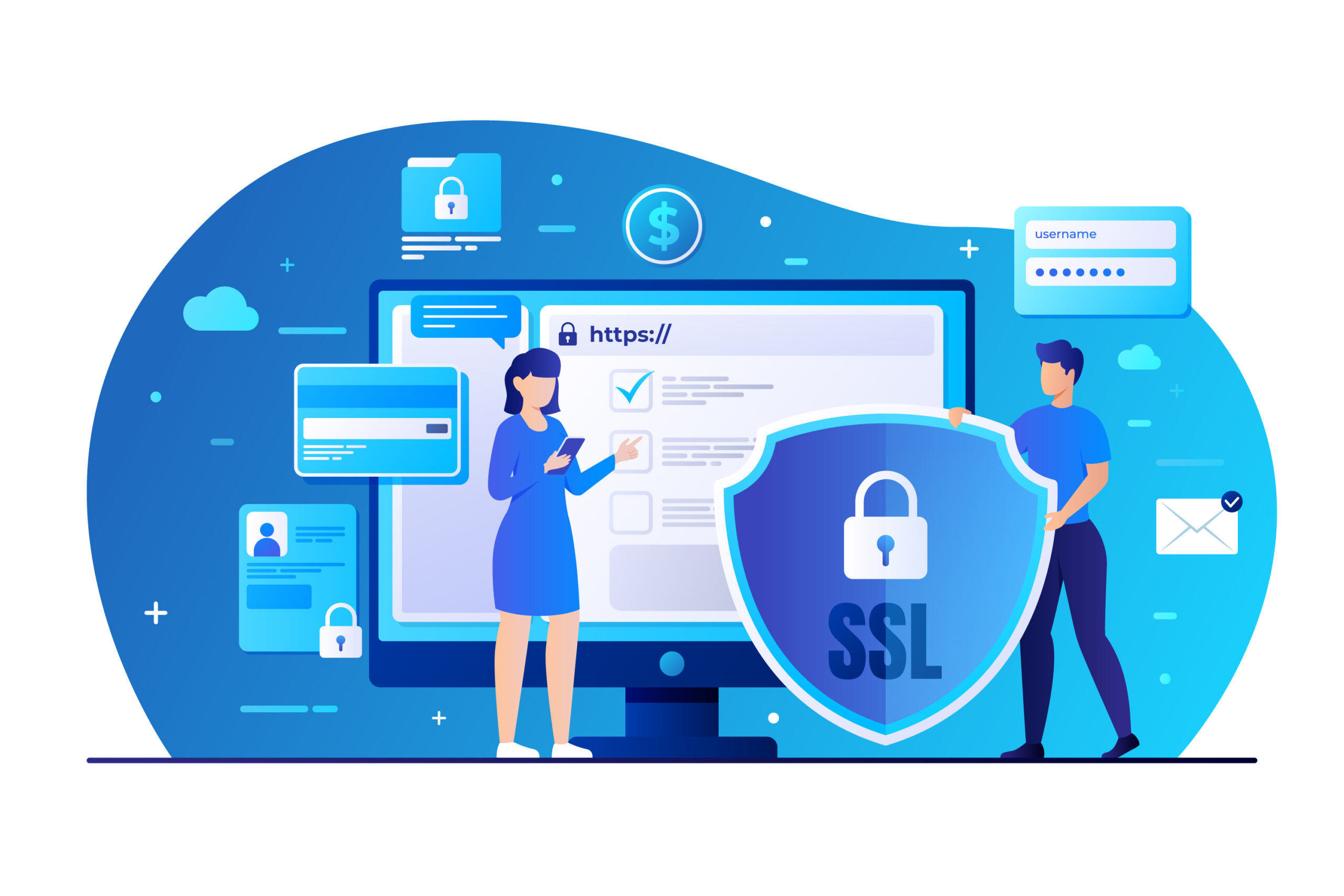
In today’s interconnected business landscape, the role of a data controller is paramount. With the emergence of stringent data privacy laws like the EU’s GDPR and the California Consumer Privacy Act (CCPA), businesses must ensure compliance in handling personal information, including sensitive data such as biometric data. Third parties involved in data processing must also adhere to these regulations, as failure to do so can result in severe consequences.
Regulatory authorities, including privacy commissioners, oversee the enforcement of data privacy laws, ensuring accountability and protection of individuals’ privacy rights. For instance, in South Korea, the Personal Information Protection Act regulates the processing of personal data by businesses and institutions, safeguarding the privacy of internet users.
Financial institutions, particularly those dealing with health insurance portability, must prioritize the protection of personal data to maintain consumer trust and comply with regulations. This includes implementing robust security measures and appointing a data protection officer to oversee compliance efforts.
Additionally, businesses must facilitate data portability and transparency, allowing consumers to access and transfer their data as needed. This not only enhances consumer trust but also fosters accountability and compliance with data protection rights.
When collecting customer data through contact forms or electronic communications, businesses must ensure proper handling and storage to prevent data breaches. Failure to protect sensitive personal information can result in significant penalties and reputational damage.
Overall, businesses must prioritize data privacy and compliance with regulatory requirements to safeguard consumer data, trust, and maintain their annual revenue. By staying proactive and accountable, organizations can navigate the complex landscape of data protection laws and foster a culture of privacy and security.
Related Article: MSA Agreements: Your Guide To Master Service Agreement
The Role of GDPR in Shaping Global Data Privacy Regulations
The GDPR, short for General Data Protection Regulation, has set a new global standard for protecting data. This big international privacy law focuses on being clear and getting permission before using people’s personal information. Organizations have to take steps to keep personal data safe and give individuals control over their information. Inspired by the GDPR, many countries have made similar laws to protect their residents’ data.
These laws make rules for how personal information can be used and kept safe. They stress the importance of getting clear permission and respecting people’s rights over their data. The GDPR’s impact isn’t just in the European Union—it’s also felt in countries like South Africa, New Zealand, and the United Kingdom. It’s made a big difference in how data privacy is handled around the world.
The Emergence of U.S. Data Privacy Laws: The Case of CPRA and CDPA
The new data privacy laws in the United States, like CPRA and CDPA, are a big deal for people in California. These laws make sure that businesses that deal with personal data have to follow certain rules. They give more rights to consumers over their personal information. CPRA and CDPA make businesses responsible for keeping personal data safe. These laws show that people in the U.S. care more about data privacy.
As more countries around the world make their own data privacy laws, it’s getting tougher for companies to handle personal data. California residents have been leading this effort with laws like the California Privacy Rights Act (CPRA), which aims to protect people’s personal information better.
Related Article: Website Privacy Policy: Crafting An Effective Document 101
Exploring International Data Privacy Laws
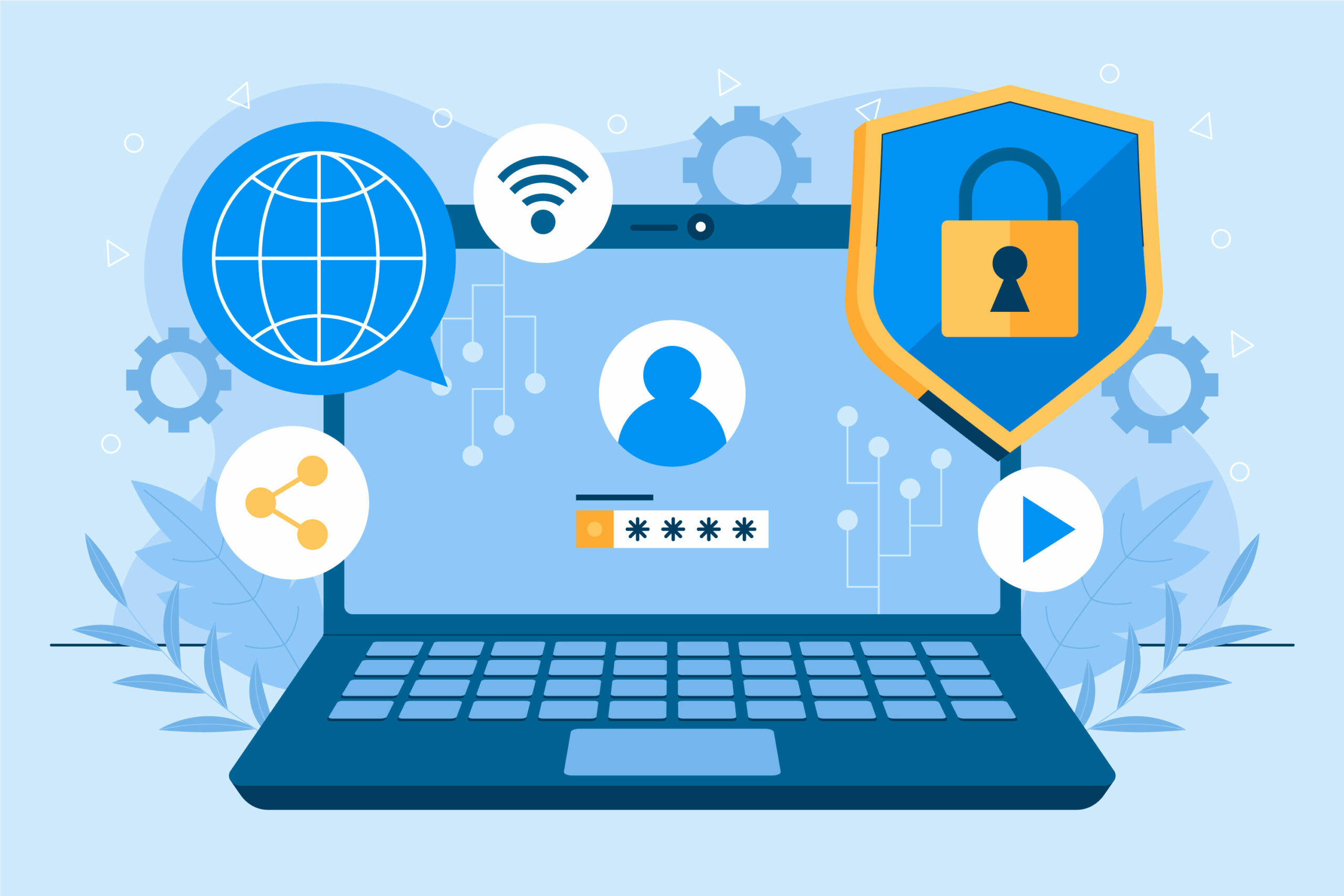
As businesses grow globally, they need to deal with different privacy laws in each country. These laws can be complicated, and companies need to follow them to avoid legal trouble, especially when they’re transferring data across borders.
It’s crucial to make these laws similar to protect people’s privacy worldwide. This means companies need to have one set of rules to follow, which respects individuals’ privacy and keeps their personal information safe. This also encourages transparency, accountability, and responsible use of personal data.
Some places, like the European Union, have strict privacy laws like the GDPR to protect EU resident’s data. Others, like California in the US, have their own rules, such as the CCPA and the newer CPRA, which focus on things like notifying people about data breaches and keeping social security numbers secure.
By following these laws, companies can earn their customers’ trust, avoid legal problems, and show they’re serious about keeping personal information safe in today’s digital age.
Insights into Canada’s Consumer Privacy Protection Act (CPPA)
Canada’s Consumer Privacy Protection Act (CPPA) is a new law designed to improve privacy safeguards for Canadian consumers. Also known as the Digital Charter Implementation Act, 2022 (Bill C-27), it was introduced by the Canadian federal government on June 16, 2022. This act is a revised version of Bill C-11, which was first introduced in 2020 and then stalled due to the federal election in 2021.
A significant part of Bill C-11 has been included in Bill C-27. The CPPA requires businesses to obtain clear explicit consent from consumers and allow them to revoke their consent. It also mandates reporting of data breaches and enforcement measures. Canadian businesses must comply with the CPPA to avoid hefty penalties. To get ready for the CPPA, businesses should review their current data practices and establish appropriate policies and procedures to ensure compliance.
By understanding and following the CPPA, businesses can prioritize individuals’ privacy rights and safeguard the personal information of Canadian consumers.
A Look at Singapore’s Personal Data Protection Act (PDPA)
Singapore’s Personal Data Protection Act (PDPA) was put into effect in 2012 to control how the personal data of individuals is gathered, used, and shared. This law applies to organizations that collect personal data in Singapore, no matter where they’re based. It says that organizations must get clear permission from people before collecting their data and should only gather data that are necessary for business reasons.
Additionally, the PDPA makes it necessary for organizations to set up reasonable security measures to keep personal data safe from being accessed or shared without permission. If organizations don’t follow the PDPA, they could face fines and harm to their reputation. This law is in place to protect individual’s privacy rights and make sure personal data is handled securely. The PDPA is enforced by the Personal Data Protection Authority, which can investigate any breaches of the law.
Understanding Brazil’s General Data Protection Law (LGPD)
Brazil’s General Data Protection Law (LGPD) was enacted to regulate the processing of personal data in Brazil, applying to any organization that handles data of Brazilian individuals, regardless of where the organization is based. Similar to other international data privacy acts like the CPPA and PDPA, LGPD emphasizes consent as a key principle, requiring clear and informed consent from individuals before collecting their data.
Moreover, LGPD mandates organizations to adopt security measures to protect personal data from unauthorized access or breaches. Non-compliance with LGPD can result in significant penalties and reputational damage for businesses. By adhering to LG Data Protection Laws around the world, such as Singapore’s PDPA and Brazil’s LGPD, share common principles aimed at safeguarding individuals’ personal information. These laws underscore the importance of obtaining consent before collecting data and implementing robust security measures to prevent unauthorized access or breaches. Non-compliance can lead to severe consequences, including hefty fines and reputational harm. Overall, these regulations are vital in upholding privacy rights and ensuring responsible handling of personal data on a global scale.
New Developments in China’s Personal Information Protection Law (PIPL)
China’s Personal Information Protection Law (PIPL) is going to start in November 2021. It will affect all companies that collect and use personal data in China, no matter where they are based. The PIPL brings in new rules about getting clear agreement from people before collecting or using their data. To follow the law, companies will need to check their data practices regularly and assess any risks.
Not following the PIPL can lead to big fines and even criminal charges. Because of these changes, companies in China need to learn about the PIPL and make sure they protect people’s privacy rights.
Tips to Protect Your Company from Data Breaches
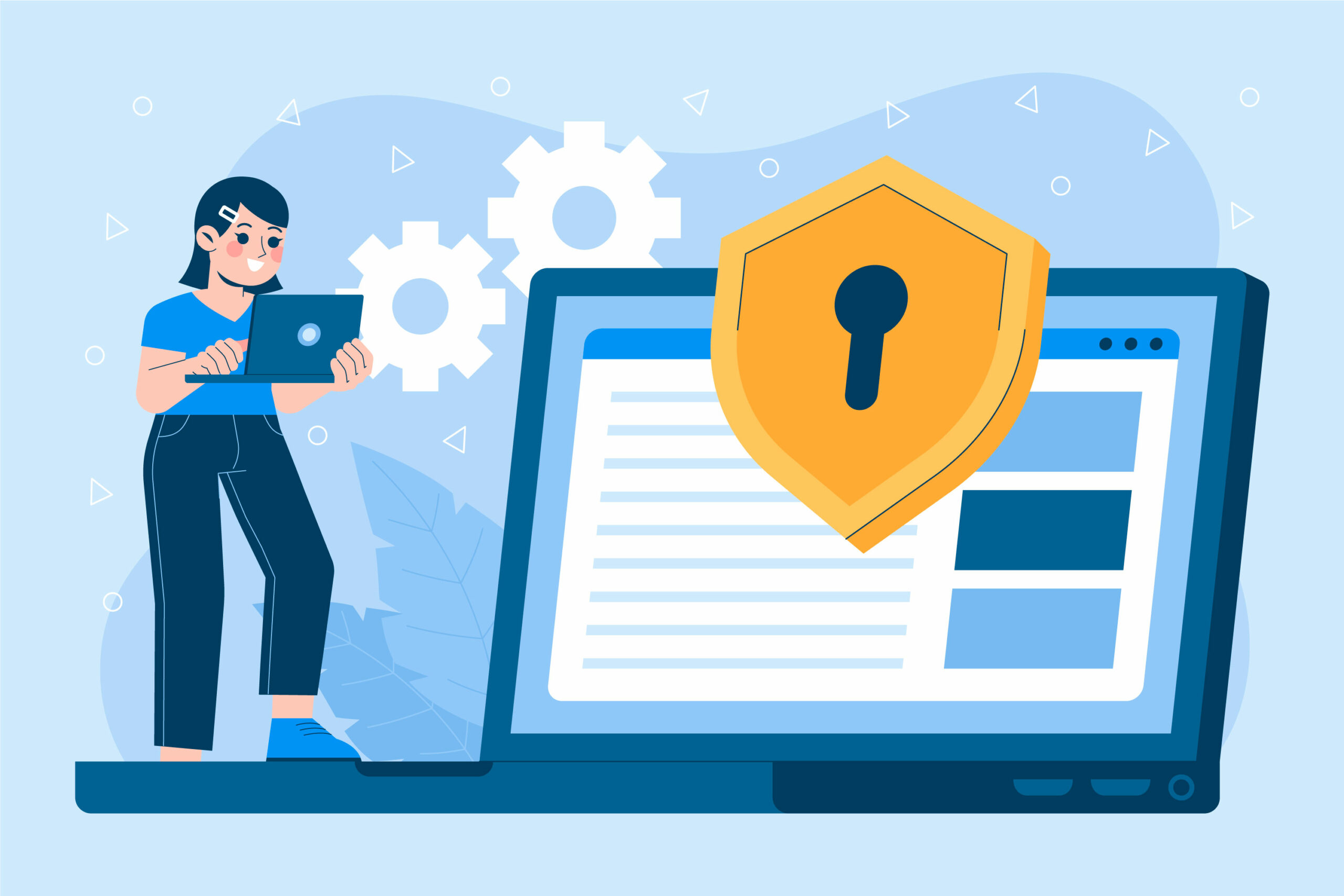
To keep your company safe from data breaches, it’s really important to regularly update your software and systems. This makes sure you have the latest security fixes in place to stop hackers from taking advantage of any weaknesses. It’s also crucial to train your employees on how to protect data, like using strong passwords and spotting phishing emails.
Adding extra security layers, like multi-factor authentication, makes it harder for unauthorized people to get into your systems. Regularly checking your security with audits and risk assessments helps you find and fix any problems quickly. And don’t forget to encrypt sensitive data, so even if someone gets hold of it, they can’t use it.
Following these steps can help you lower the chance of data breaches and keep your company’s important information safe.
Implementing Effective Data Security Measures
To keep personal information safe, it’s really important to use good ways to protect data. Strong firewalls and systems that watch for intruders can stop people from getting into your network without permission. You should also control who can see sensitive data by setting rules for who can access it. It’s a good idea to regularly check what’s happening on your system to catch any strange activity or people trying to break in.
You should also have a plan for backing up your data and getting it back if something goes wrong. Doing tests to find weaknesses in your system and fixing them helps keep everything safe. By doing all these things, you can make sure personal data is safe and stop people from getting it without permission.
Creating a Robust Data Privacy Policy
To make a strong data privacy policy, you must clearly say what counts as personal information, like health details, and explain how you’ll collect, keep, and use it. You should also say why you’re collecting it and the legal reasons for using it.
It’s important to tell people their rights about their data and how they can use those rights. Your policy should also talk about how you’ll keep personal information safe and what you’ll do if there’s a data breach. Don’t forget to check and update your policy regularly to follow the latest privacy laws.
Related Article: What Are Contract Terms & Legal Jargon? Master The Basics
Additional Information on Data Privacy Laws
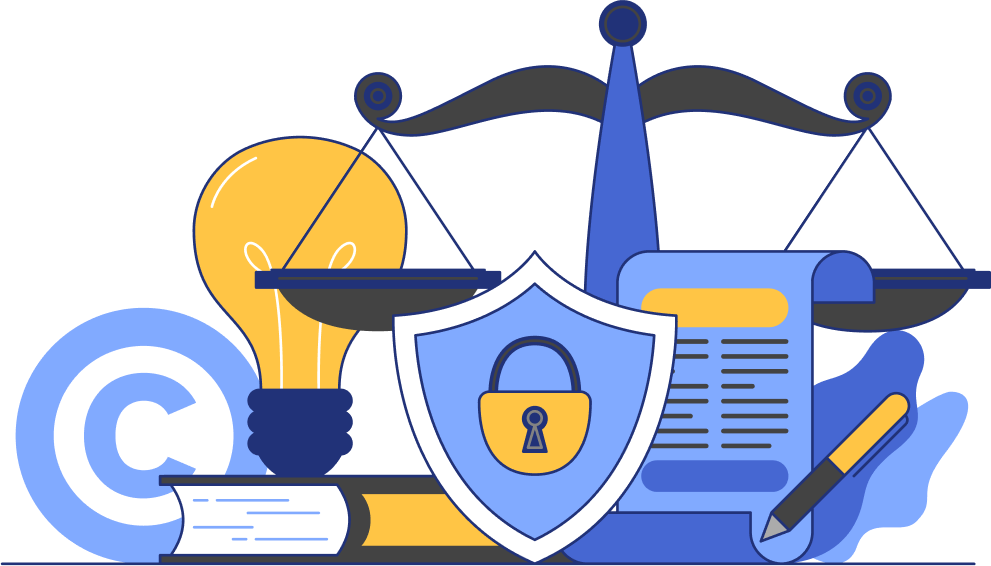
In addition to the comprehensive overview provided, it’s essential to delve deeper into specific aspects of data privacy regulations. Understanding the rights and protections afforded to data subjects, particularly regarding the processing of personal information, is fundamental. For instance, the Personal Information Act outlines the rights of individuals and the obligations of organizations regarding the collection, use, and disclosure of personal data.
Moreover, with a focus on California residents, it’s crucial to highlight the nuances of data privacy laws tailored to this demographic. The regulations concerning the handling of personal information of California residents, including provisions related to gross revenue thresholds and accountability, underscore the state’s commitment to protecting privacy rights.
Best practices for data processors and controllers should prioritize transparency, accountability, and the secure processing of sensitive personal data, including health information. Organizations must implement effective data security measures to safeguard identifiable information and uphold the fundamental rights of individuals.
Additionally, attention should be given to the effective dates of various data privacy laws, ensuring compliance within specified timelines. Understanding the implications of data transfers and the role of data processors in data collection and processing is essential for maintaining compliance.
Non-compliance with data privacy laws may result in criminal penalties, hefty fines, and reputational damage, emphasizing the importance of adherence to regulations. Businesses must regularly review their policies and procedures to align with evolving privacy standards and protect the privacy rights of individuals worldwide.
Related Article: Best Contract Management Software: Top 10 CLM In 2024
Frequently Asked Questions
What are some common global data privacy laws that businesses should be aware of?
Businesses should keep an eye on a few important global comprehensive data privacy laws. These include the widely known General Data Protection Regulation (GDPR) in the EU, the California Consumer Privacy Act (CCPA), and the Children’s Online Privacy Protection Act (COPPA) in the US. Also, Canada has a law called the Personal Information Protection and Electronic Documents Act (PIPEDA).
What steps can companies take to comply with these laws?
Companies can do a few things to follow international data privacy laws and keep people’s rights safe. They should ask customers for permission before collecting their personal information. It’s also important to keep track of any changes in these laws and know what to do if there’s a data breach.
What are the potential consequences for companies that fail to comply with global data privacy laws?
Not following global data privacy laws can damage a company’s reputation. They might get fined, lose their good reputation, and customers might not trust them anymore. It could also mess up their business and cause problems. Not following the rules could even lead to hackers getting into their data, costing them a lot of money.
Conclusion
In today’s digital age, businesses everywhere need to keep people’s personal information safe. There are new rules about data privacy, like the EU’s GDPR, and new laws like CPPA in Canada and PIPL in China. Companies need to act fast to follow these rules and keep customers’ trust.
Businesses need to know their role as data controllers, use strong security measures, and be clear with people about how they use their data. It’s also important for countries to have similar privacy laws to keep things fair and protect people’s privacy rights.
When businesses focus on protecting data, they can lower risks, build trust, and stick to good ethical practices. Following data privacy rules means staying alert and being ready to change, making the internet safer for everyone.
